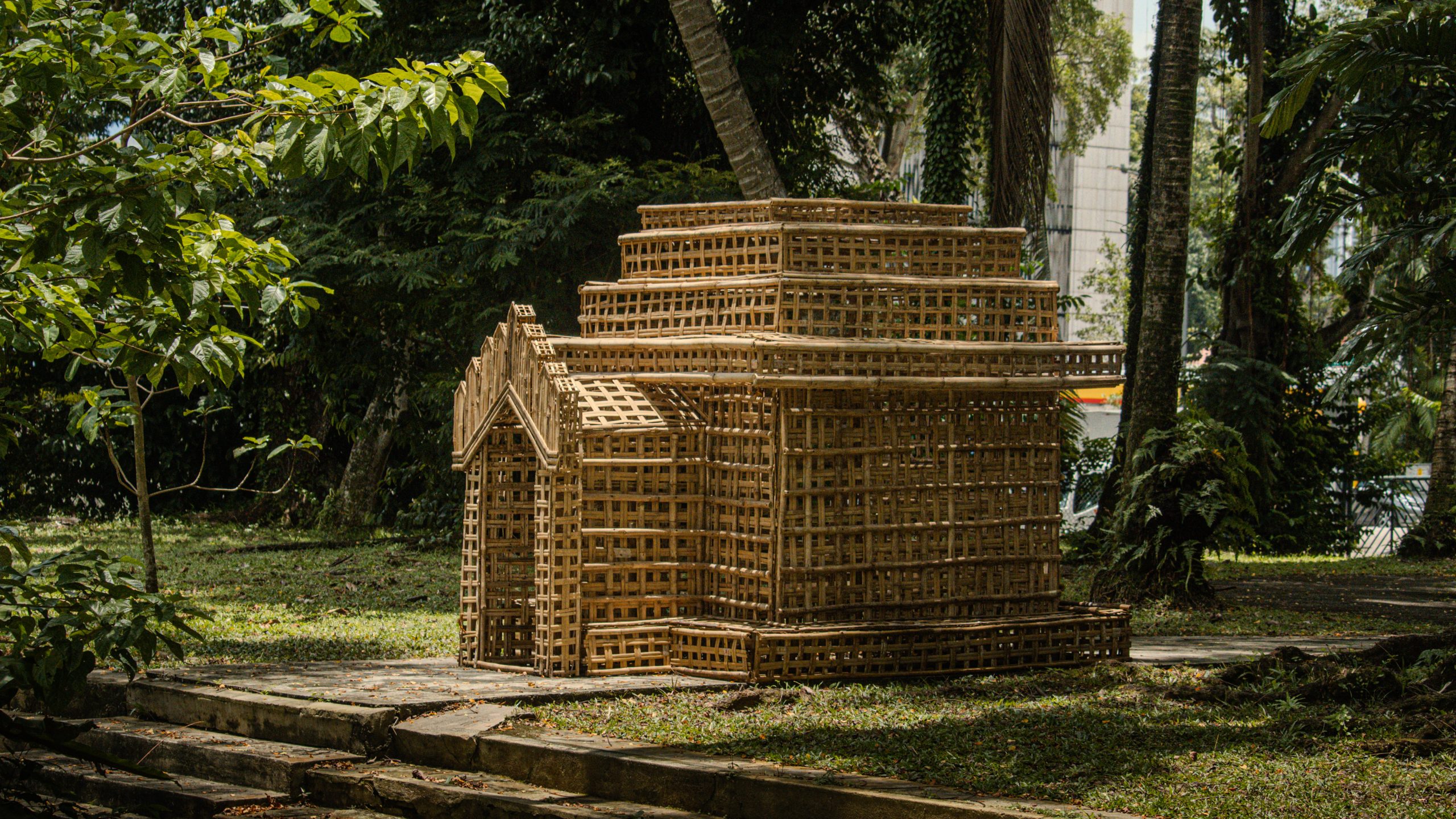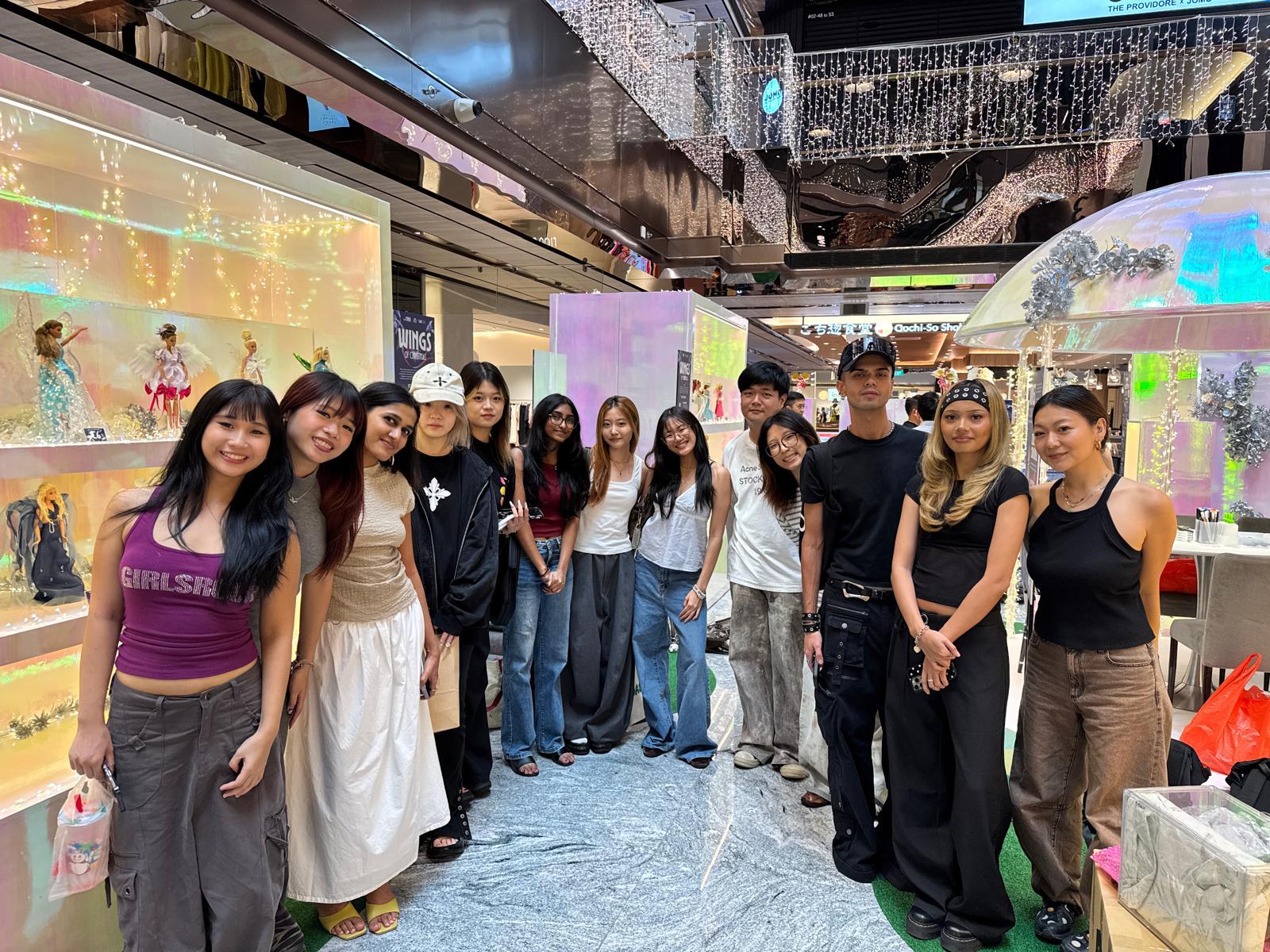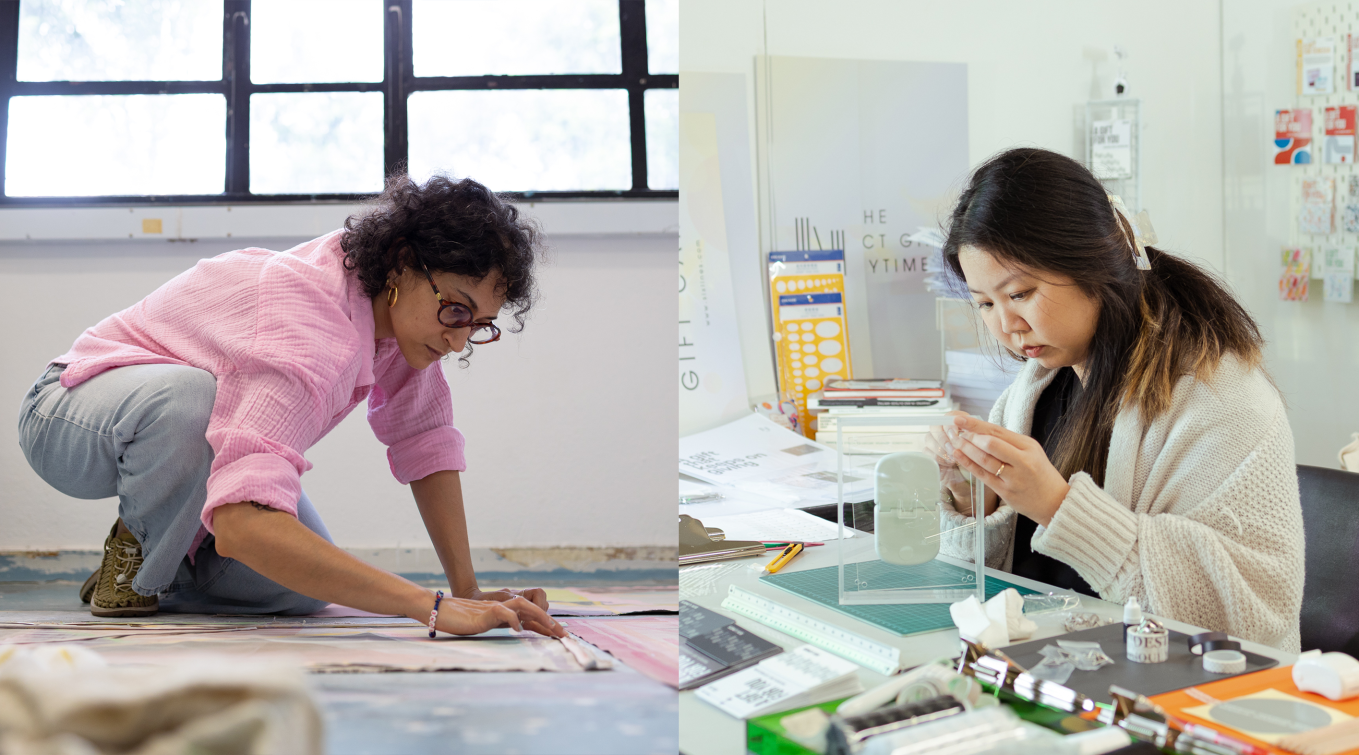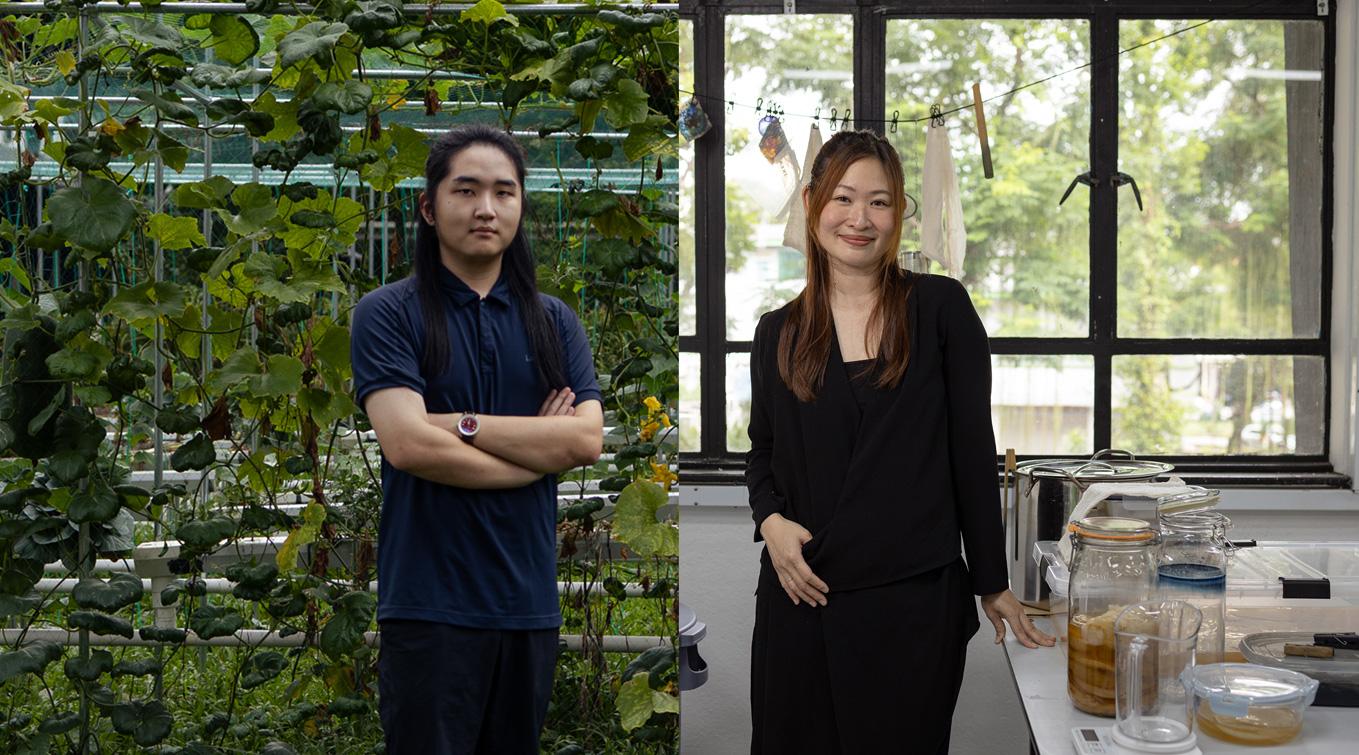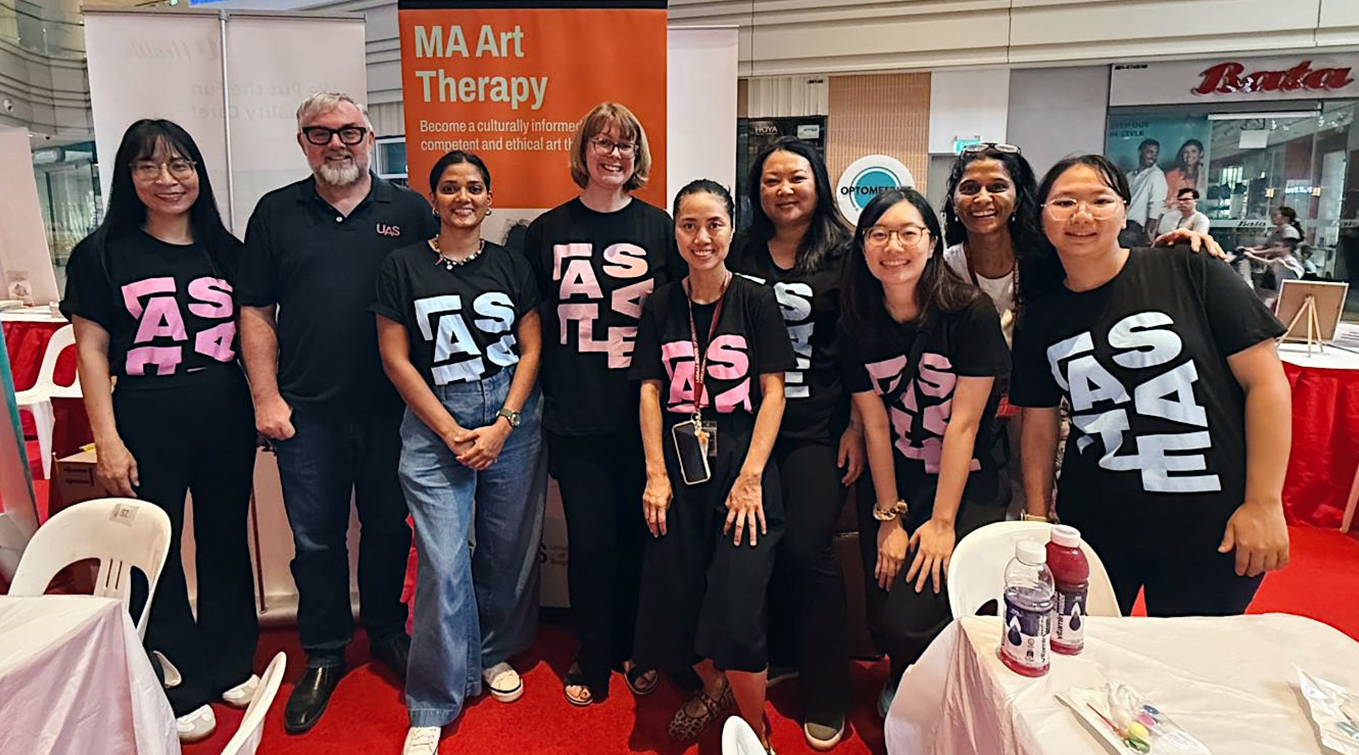In conversation with: Tzang Merwyn Tong on how his MA helped him unlearn and relearn his craft
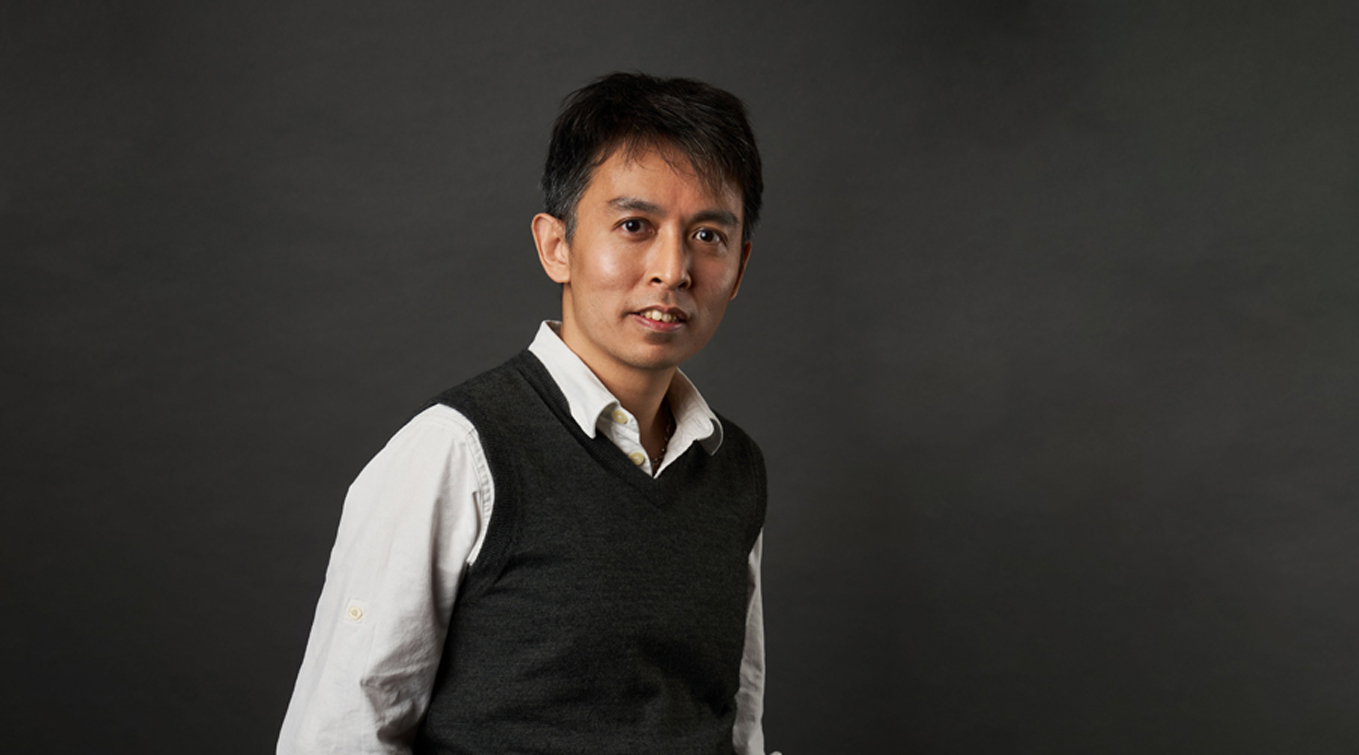
For Tzang Merwyn Tong, the pandemic was an opportunity to slow down, to reassess his life. He had been making films since 1999, his first film being a no-budget teenage black comedy called [e’Tzaintes]. He later became a film critic at FiRST in SPH Magazines, and is the director of Faeryville, Singapore’s first dystopian teen movie, which made its world premiere to critical acclaim in Los Angeles, before going on to win the ‘Best Original Story’ award at FLIXX Festival (US).
Tzang had also branched out into teaching and lecturing since 2010, working as a lecturer at Nanyang Technological University and Ngee Ann Polytechnic, as well as guest-lectured at LASALLE and Yale-NUS. He currently teaches visual storytelling and film appreciation at Republic Polytechnic, and is also the founder and festival director of First Shot(s), a student-run film festival.
But there were many things that he felt he had yet to learn, both as a filmmaker and educator. “The thought just came into my mind,” said Tzang, thinking back to 2020, when the pandemic ground lives to a halt. “I wanted to study again. I wanted to unlearn and relearn.”
We caught up with Tzang, fresh off his graduation from LASALLE’s MA Arts Pedagogy and Practice programme this past April, as he shares about the process of “unlearning and relearning” the programme afforded him, the phenomenal insights that arose from the diversity of practitioners in the programme as well as how his research hopes to liberate filmmaking as an artistic practice once again.
You have years of teaching experience as a lecturer – why pursue an MA Arts Pedagogy and Practice?
I know that my teaching methods can be a little unorthodox, and I wanted to know if there is theoretical support for it. I also like all three words in the name of the MA programme: arts, pedagogy, and practice. All three words resonated with me. I figured a deep dive into education would invigorate me. And it did – artistically, as an educator and also in my practice as a filmmaker.
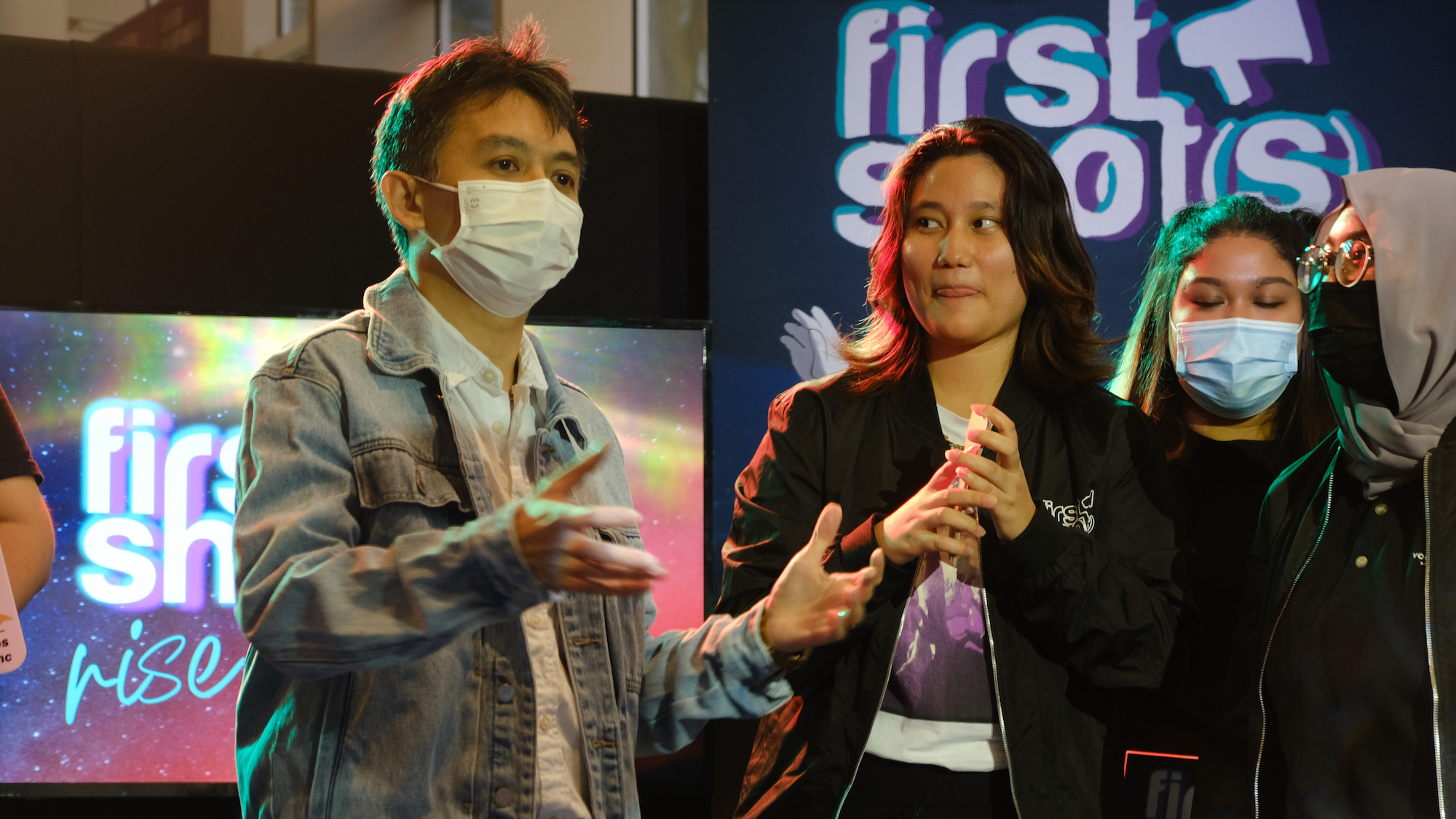
Tzang with students at First Shot(s) Festival.
How did your MA studies help you “unlearn and relearn”?
I developed new ways of questioning that helped me to identify gaps in my fields of filmmaking and education. And I really liked how research work encourages us to be critical – to look for gaps and bravely investigate them. The new ways of seeing I developed while doing research enlivens how I teach in class. I get to re-investigate why I do what I do, both as a filmmaker and as a teacher.
Our Programme Leader, Dr Edmund Chow, also encouraged us to tap into things outside of our academic life that we are interested in, and see if ideas can be extracted from their body of knowledge. I think that helped me relook filmmaking and led to my thesis research.
Your thesis research investigated the possibilities of Zen-mind filmmaking. How did it come about?
As a director of several independent films, I was frustrated about the ‘conditional’ nature of filmmaking, such as how the filmmaker is often entrapped by circumstances, and how one’s ability to make a film is always subjected to external forces such as funding, equipment, crew and cast.
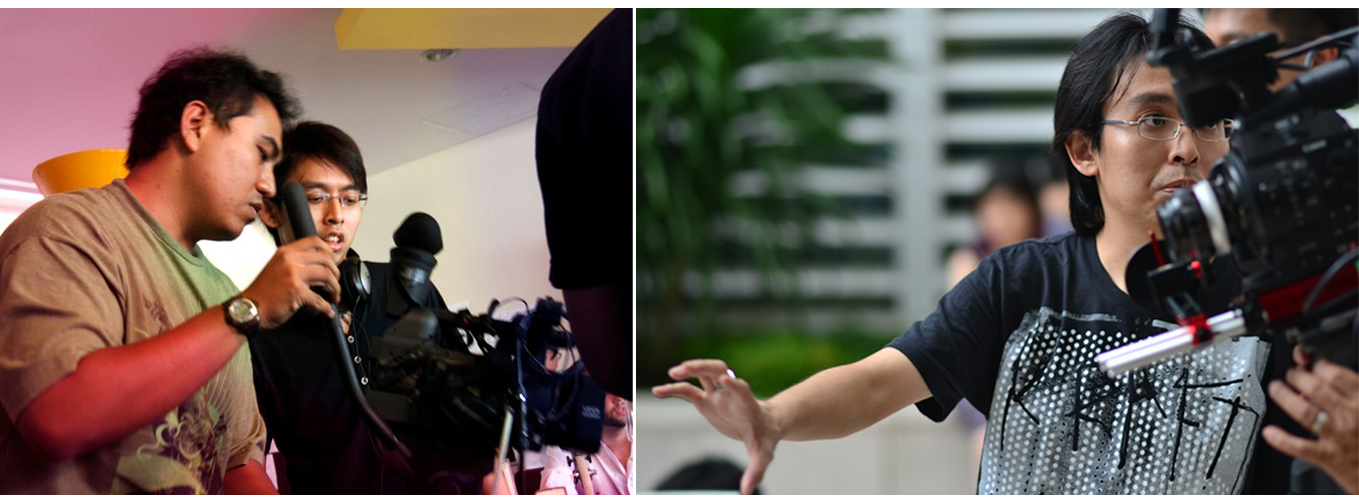
Tzang on the film set for V1K1: A Techno Fairytale (left) and Faeryville (right).
I wanted to explore if the filmmaker can be an artist again, to be free to make a film without the excess trappings and be liberated from conditions associated with filmmaking. I looked into Zen Buddhist concepts and decided to draw on principles of minimalism, non-attachment and being in the here and now to create a set of parameters to help liberate the filmmaker.
The process of experimenting was exciting because I didn’t know what I was going to get. It was the deep dive that I was looking for.
You were the only filmmaker on the programme. What insights did you gain from engaging with practitioners from such varied disciplines and backgrounds?
The insights that emerged from the diversity was phenomenal. We allowed our practice and our methods to be questioned and that inspires us to be truly open and willing to learn from each other.
For example, as a filmmaker and storyteller collaborating with Zulkifli Mohammed Amin, a composer championing Malay traditional music, I re-understood the language of music. I discovered how it uses ‘time’ the way I do as a storyteller, yet its form is so different, as well as how music is ‘vibration’ and so there are things that music can do to bodies and spaces that cannot be done with visuals on screen.
When artist educators of different disciplines get passionate together, it is difficult not to be inspired.
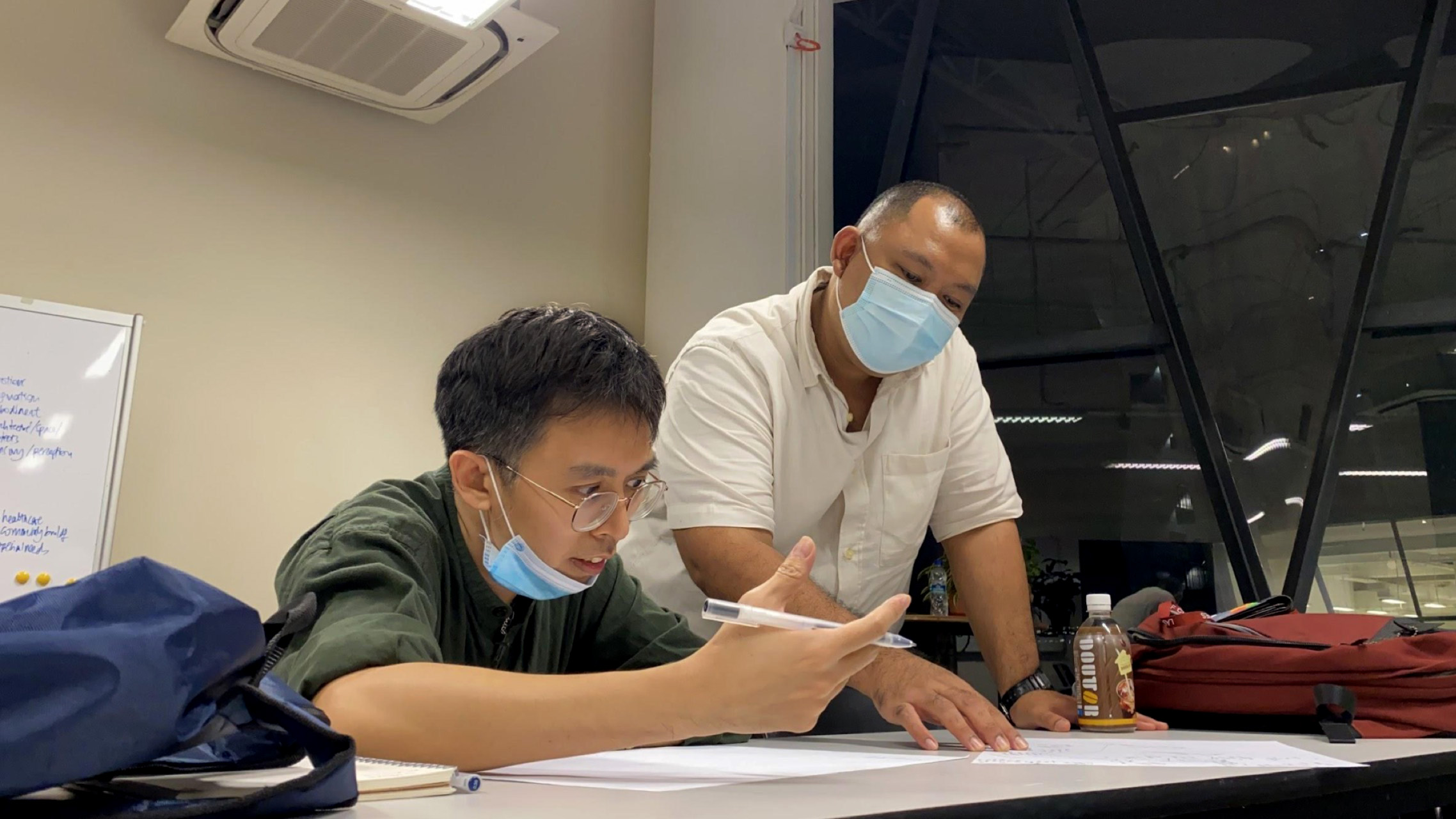
Tzang with classmate Zulkifli.
What advice would you give to prospective students who were interested in the MA Arts Pedagogy and Practice programme at LASALLE?
Do not come into research to do what you already know. Be open to new ways of thinking and allow yourself to be renewed and re-inspired.
Apply now for our postgraduate programmes.




